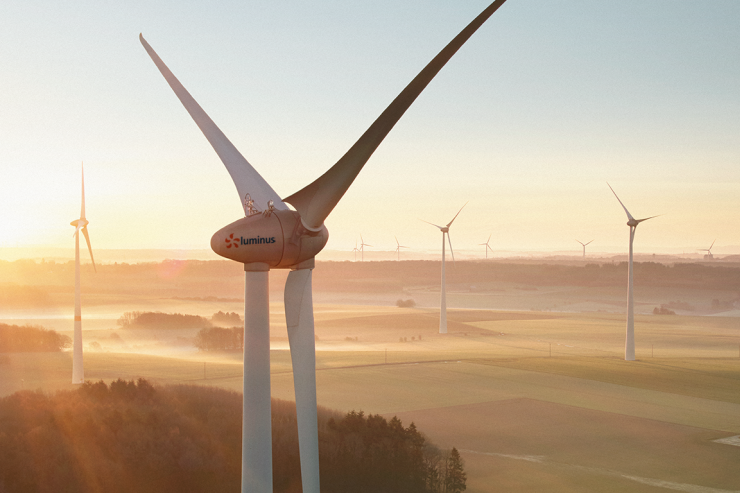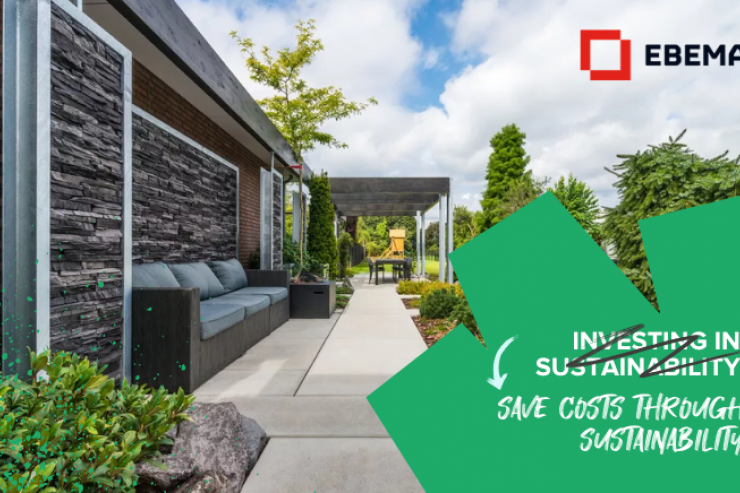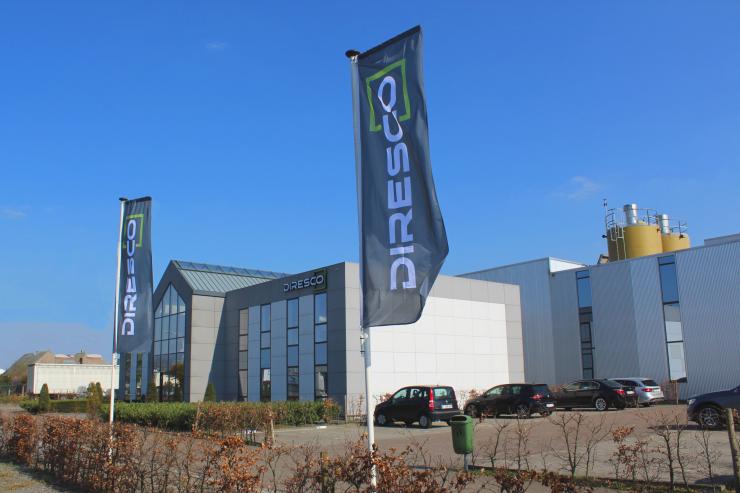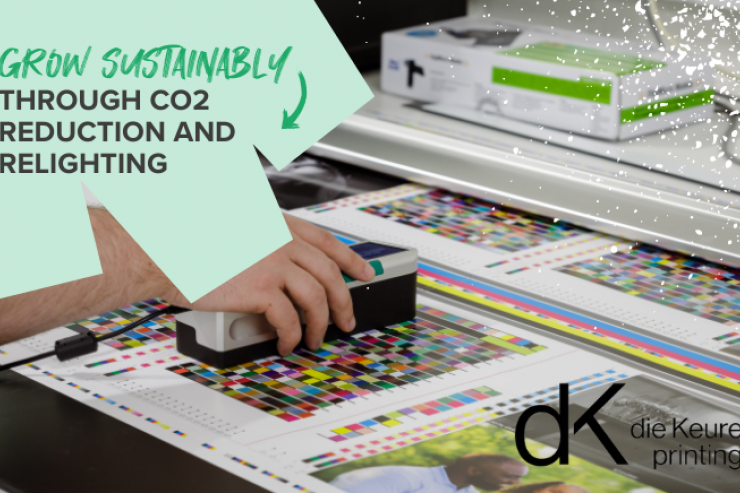
The engine of a sustainable automotive future
Consumers are becoming more aware of the importance of buying sustainable cars and are willing to pay extra for this. At the same time, fuel costs are steadily on the rise, and this is reflected in the growing demand for electric and hybrid cars. That is why the automotive sector is constantly working on green innovation projects to differentiate itself from its competitors and meet consumer demands.
However, we need to go further than just building an electric car if we are to reduce environmental impact. This is where BMW Group BeLux leads the charge. The focus is split between the development of hybrid and electric models—with the aim of having at least 25 cars in this segment on the market by 2023—and reducing the impact of its dealerships. By 'greening' these, they can provide a better service to the market of environmentally friendly cars and simultaneously be prepared for the future.
One of the reasons why Encon was called in was to screen the dealerships for sustainability and to rate them on no less than 150 sustainability parameters. This was done in various categories, including energy efficiency, optimised water concept, building design, etc. This in-house developed 'Green Building Manual' is a manual of techniques that can promote the sustainability of the buildings and improve the operation of the dealerships in the broadest sense of the word. Following the screening of the dealerships, Encon also takes care of guiding dealers in the process towards a more sustainable working environment. For example, we look at the type of measures or overhaul of parts of their equipment necessary for the dealer to obtain the so-called 'Green Building Label' set up by BMW Group BeLux.
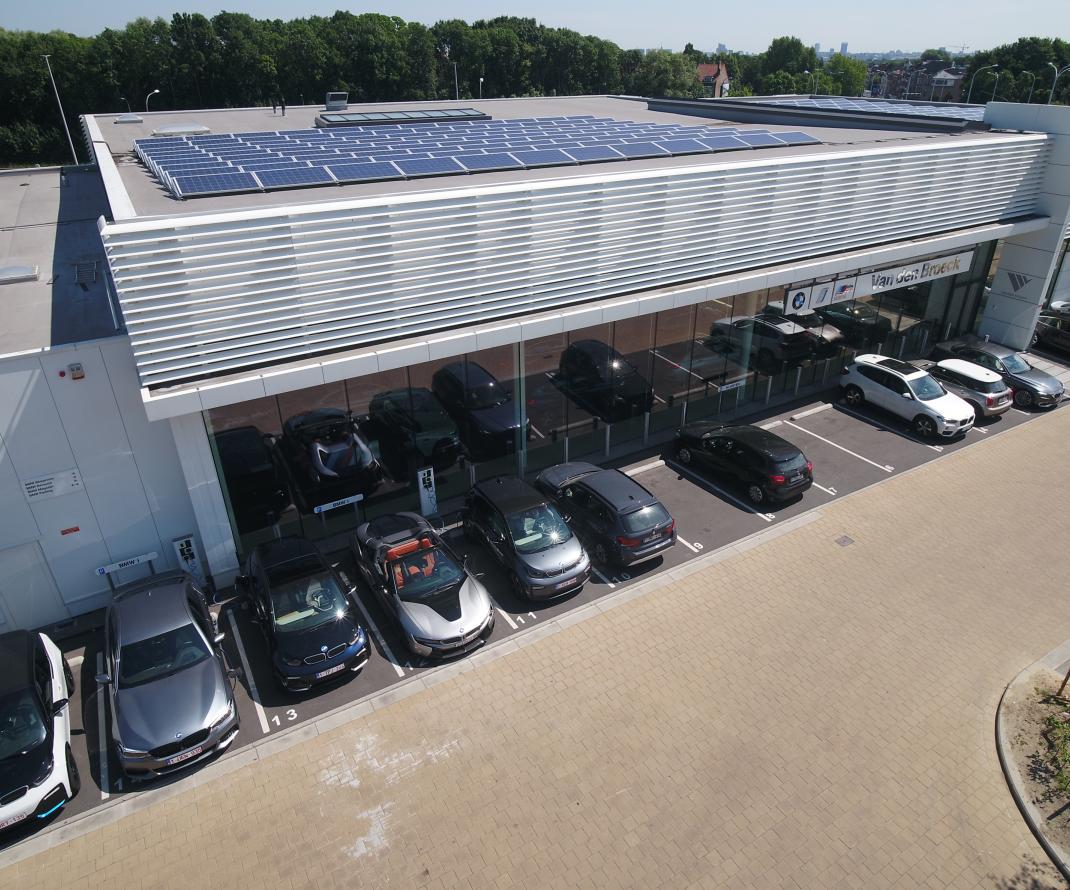
Accelerating this greening process and reducing the CO2 emissions of all dealerships even faster requires a strong focus on providing them with sustainably generated electricity. Imagine returning a customer's car after maintenance fully charged with their own energy; that is why all dealerships have been made aware of the need to install solar panels by means of a group purchase. As an independent partner, Encon was asked to carry out a feasibility study for each dealership that considers participating.
A study showed that 24 of BMW's 71 dealerships already had their own solar panels. For the remaining 47 sites, Encon organised a tender for a group purchase for the best possible alternative. As a result, as many as fourteen independent dealers signed up with a total capacity of 1.5 MegaWatt peak (MWp).
Added to this, fourteen other dealerships stated that they would invest in solar panels themselves with their own local partner. This will generate an estimated annual yield of 1,350,000 kWh, equivalent to 490,731 commuting trips for Belgians (21 km on average, FOD Mobiliteit figures).
Alternatives are in the works for those dealers who do not own their building or for whom the feasibility study showed that their roof structure was not suitable. In this way, BMW Group BeLux aims to provide all its dealerships with 100% renewable energy.
This overarching approach of BMW Group BeLux enables both large and small dealers to make certain investments related to sustainability. This is also fully in line with BMW Group BeLux's vision of investing in and preparing the world for hydrogen-powered cars. However, the pursuit of this future within the automotive industry requires massive amounts of energy. This 'surplus' of energy they are currently working towards guarantees BMW Group BeLux a position at the top of sustainable automotive.
Clear visions from the government (2030 Clean Power for Transport action plan) set very clear but necessary goals for mobility. By 2030, all newly sold passenger cars must be low-carbon. So, it is no longer a choice but an obligation to pursue this sustainability and continue to grow within the automotive sector.

